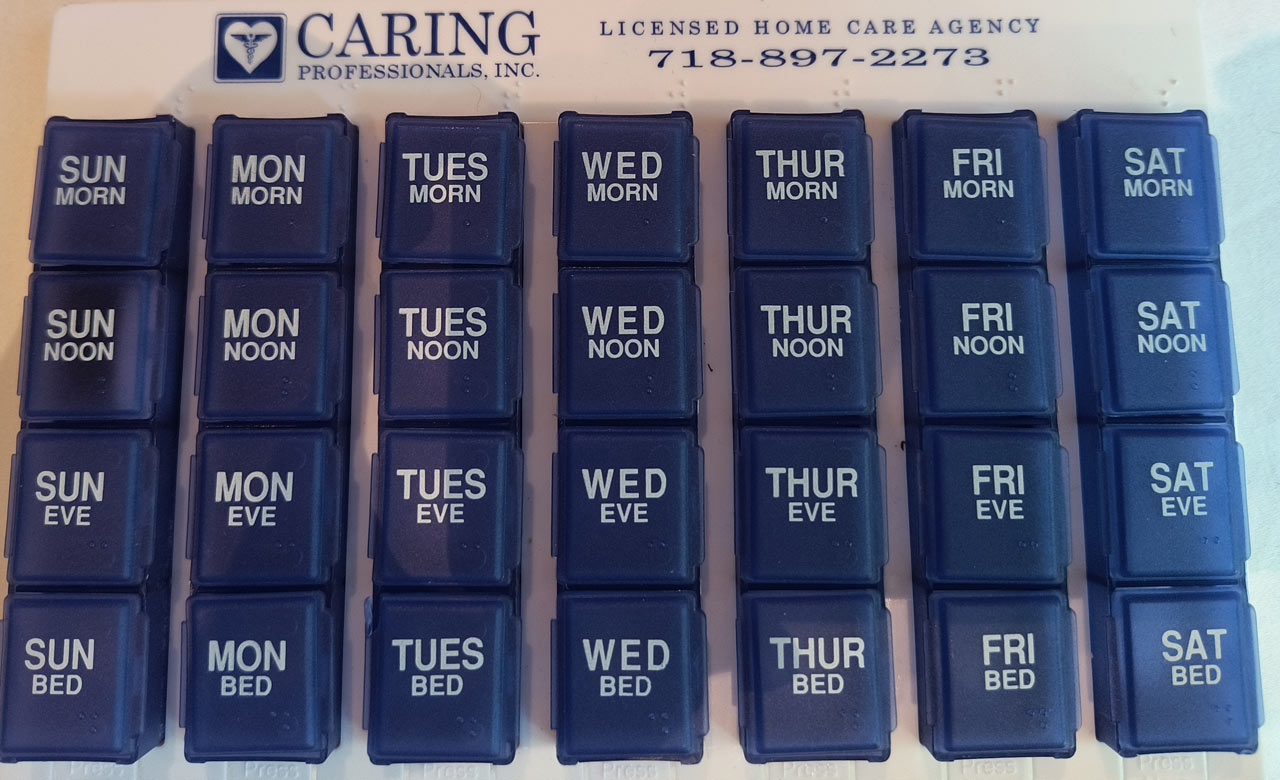Routines are not just beneficial to our daily lives, they also have serious health benefits as well
We all know that it’s good to have a daily routine. The daily routine secrets of everyone, from B-list celebrities to multi-millionaires, are touted as the answer to all our needs. But did you know that there are actually real health benefits to following a routine?
1. Following a daily routine helps you sleep better: A recent Israeli study has confirmed this. Our bodies prepare for sleep by releasing the sleep hormone melatonin beginning approximately two hours before we go to bed. When you follow a daily routine that has you going to bed at approximately the same time every night, your brain learns to release melatonin at the correct time, helping you enjoy a refreshing night’s rest as soon as your head hits the pillow. If your bedtime changes significantly from night to night, your brain won’t release melatonin when you need it, making it more likely that you’ll toss and turn for a while before you fall asleep. What’s more, following a daily routine will help lower your stress levels so that you can fall asleep more easily, without obsessively thinking about what you didn’t achieve today and need to achieve tomorrow.

2. Following a daily routine will help you to wake up refreshed: At the other end of the night, our bodies prepare us to wake up by releasing the stimulant hormone cortisol. Your body begins to be flooded with cortisol up to two hours before your regular wake-up time. If your wake-up time is roughly the same each day, you’ll feel ready to get up and go, thanks to the cortisol that is running through your system. But if you keep chopping and changing your alarm time, your body won’t release cortisol at the right time. This means that even if you had a good night’s sleep, you might still feel heavy-eyed when you get out of bed in the morning, and take a long time to feel ready to go.
3. Following a daily routine encourages healthy lifestyle habits: To hold on to a healthy lifestyle you need to make those activities into a habit. If you have to decide whether or not to do something, you risk talking yourself out of it. To establish a healthy habit, you need to make it part of your daily (or weekly) routine. You’ll get out for your daily jog or drink your regular healthy smoothie without even having to think about it.

4. Following a daily routine reduces stress: We all know that a healthier life is a low-stress life. Every time we have to make a decision, it stresses our system. Following a daily routine removes many potentially stressful decisions from your life, from what time to wake up to whether you feel like going to the gym today. This leaves you with more energy to just get on with it. If you expend will power on talking yourself out of bed and debating a healthy breakfast, you’ll have less will power available to get through the really difficult issues that can’t be routine. Research shows that there is a finite amount of will power a person has. Using it on small upkeep matters effectively fritters away one’s store of will power.
5. Following a daily routine is vital for people with dementia and memory loss: People suffering from Alzheimer’s, other forms of dementia, and memory loss have an even deeper need for routine. Their worlds are puzzling and chaotic, and a routine brings them stability and calm, even if they seem to have little conscious awareness. Consistency can help dementia victims to complete their tasks without forgetting what they are doing, since the force of habit prompts some deeper level of brain function to take over. There is also a possibility that following a regular daily routine transfers those activities into the long-term memory bank, helping seniors to continue performing those tasks for longer.

6. Following a daily routine boosts your mental health: We live in a chaotic and uncertain world. The stability of following a daily routine bolsters you against this, boosts your mental health, and strengthens your emotional resources by making you feel centered and focused. Coping with incomplete tasks, feeling uncertain about what to do next, and having to make multiple quick decisions drains your mental strength. When you are eating balanced meals, exercising regularly, and able to find your things when you need them, you will feel much calmer. Your sense of calm and consistency will help strengthen your immune and digestive system, and keep you eating and living in a much healthier way.






